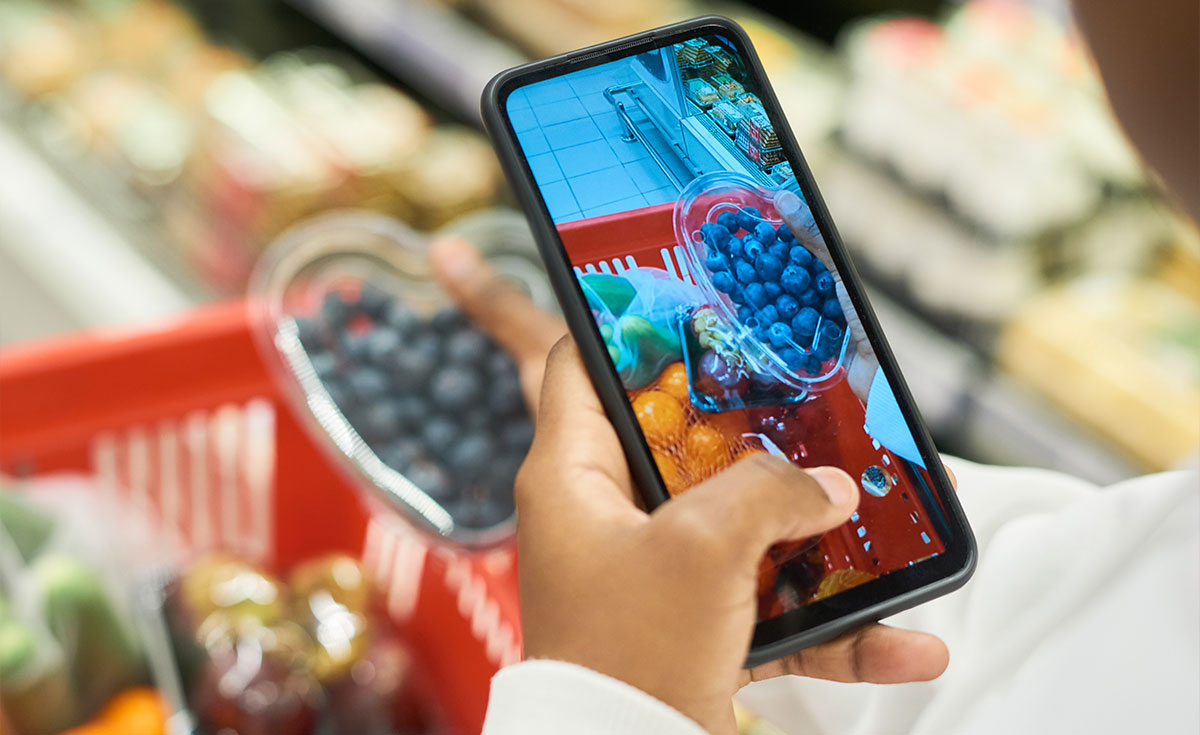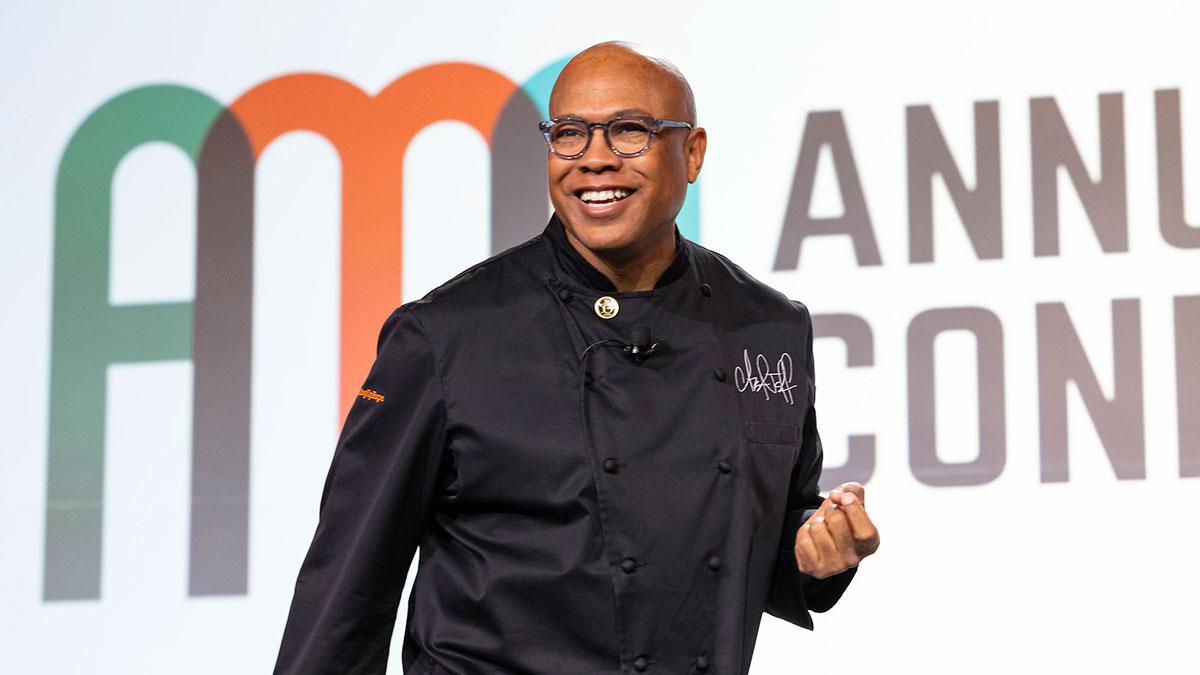By Mark Baum, Chief Collaboration Officer & Senior Vice President, Industry Relations

Food retailers continue to see opportunities for differentiation as consumer expectations continue to shift and evolve. They have also become increasingly savvy, having to compete with an ever-growing set of rivals. We’re seeing a variety of strategies and initiatives:
- ·new store formats and designs;
- rapidly changing product assortments;
- increasing space allocation for fresh foods, private brands;
- making strides in e-commerce; and
- in some cases, on-premise dining.
FMI recently surveyed retail and wholesale companies for The Food Retailing Industry Speaks 2018 report, with answers to the survey representing 33,300 stores in the U.S. and Canada.
Despite widespread competition from an assortment of retail formats, 44 percent of food retailers believe competition from conventional supermarkets have the biggest impact on sales and profits. This is followed by supercenters (38 percent), natural/organic stores (24 percent), club stores (19 percent) and limited assortment stores (16 percent).
The fresh perimeter continues to experience gains and retailers are allocating more and more space to those categories. Eighty-nine percent of responding companies expect space increases for prepared grab-and-go options, 68 percent for fresh produce and 67 percent for self-serve bars/buffets. Most food retailers expect to continue offering more locally sourced and/or organic products (84 and 83 percent, respectively) and 72 percent will provide health and wellness product categories and services.
As for e-commerce, retailers have begun experimenting and making advances. At 63 percent, the majority of responding companies, report online sales. These sales represent a mean of 1.3 percent of their total retail sales in aggregate, but the actual percentages differ widely by retailer, ranging from zero to almost six percent of sales. Even as food retailers experiment with online sales strategies, few claim high levels of e-commerce sophistication. One-half describe their organizations as somewhat sophisticated, while 39 percent indicated “not very” and nine percent “not at all.”
Additionally, food retailers are benefitting from investing in community support, checkout experiences and frequent shopper/loyalty programs. Sixty-seven percent have seen success in differentiating through community support and ties. Sixty-four percent report benefits by increasing checkout speeds and friendliness, and 57 percent with frequent shopper/loyalty programs.
These are all ways in which food retailers have been moving to “disrupt themselves” as they work toward greater competitive advantage in the marketplace. We’ll be focusing on these opportunities for growth and more at the 2019 FMI Midwinter Executive Conference, as we strive to collaborate and innovate in a rapidly changing industry.

 Industry Topics address your specific area of expertise with resources, reports, events and more.
Industry Topics address your specific area of expertise with resources, reports, events and more.
 Our Research covers consumer behavior and retail operation benchmarks so you can make informed business decisions.
Our Research covers consumer behavior and retail operation benchmarks so you can make informed business decisions.
 Events and Education including online and in-person help you advance your food retail career.
Events and Education including online and in-person help you advance your food retail career.
 Food Safety training, resources and guidance that help you create a company food safety culture.
Food Safety training, resources and guidance that help you create a company food safety culture.
 Government Affairs work — federal and state — on the latest food industry policy, regulatory and legislative issues.
Government Affairs work — federal and state — on the latest food industry policy, regulatory and legislative issues.
 Get Involved. From industry awards to newsletters and committees, these resources help you take advantage of your membership.
Get Involved. From industry awards to newsletters and committees, these resources help you take advantage of your membership.
 Best practices, guidance documents, infographics, signage and more for the food industry on the COVID-19 pandemic.
Best practices, guidance documents, infographics, signage and more for the food industry on the COVID-19 pandemic.
